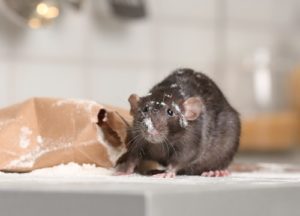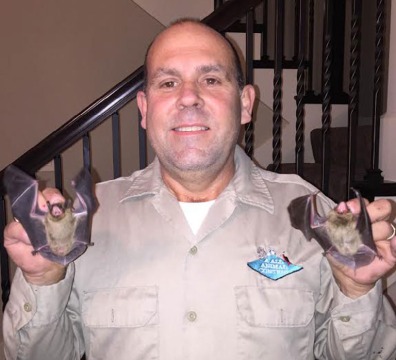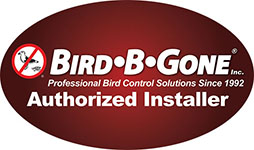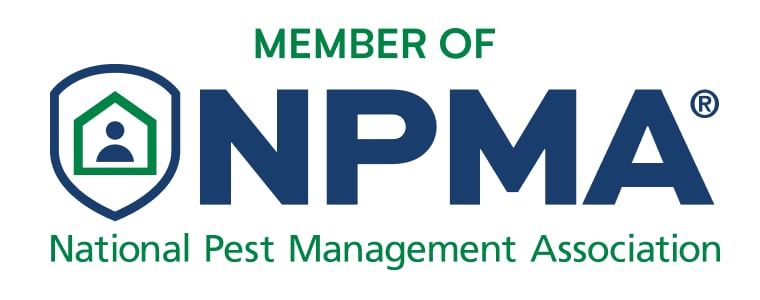One of a Salt Lake City homeowner’s worst nightmares is to discover that they have a rat issue. Because they are little, they can creep through nearly every opening and crack inside your house or business.
A rat infestation is a huge issue that really needs to be controlled and should not be taken lightly. They will cause property damage by chewing wires, gnawing on pipes, damaging your attic, and they are a huge health and wellness risk as a result of the scat they leave all over and because of the health conditions that they can deliver through their bite.
Rat borne disease spread in the house
The principal vector for rat borne disease transmission to humans is through rat droppings. Salt Lake City Rats do not have a really civil sense of waste elimination. They are out of control! They don’t think about your preferences when they decide on where to make use of the restroom. The sad result is, that they commonly do so all over your house. This includes areas like your attic, countertops, wardrobes, beneath furniture, inside walls and vents. Any time feces builds up from any kind of type of animal, the risk of disease transmission to humans and animals skyrockets.
Rats Transmit Hantavirus
Rats can transmit the highly infectious infection called the hantavirus. This health condition can be passed to human beings when they enter contact with rat droppings, urine, or nesting materials. This threat makes it important to control your rat infestation. If you venture in to a rat infested attic and mingle with animal waste, or you have a water leak that spreads through rat pee or droppings, the hantavirus can come to be aerosolized and enter your lungs with the air you inhale.
The hantavirus symptoms resemble that of the common flu: fever, muscle pain, exhaustion, impaired breathing, chills, and so on. There is no well-known treatment for the hantavirus, and symptoms really need to pass normally. If you contract the infection in this manner, it is very important to control access to yourself from family and friends until the contagious period can pass (usually around 2 weeks).
Damage and Hazards cause by Rats in Salt Lake City, UT
Rats cause all kinds of damage to your house. They have no issue tearing open your roofing, sheet-rock, and insulation. They do this because they are trying to find food to eat, water to drink, and secure and comfortable locations to rest. Rats also have teeth that continue to grow throughout the course of their lives, so they need to grind them down. Right here are the major kinds of damage and risk that they cause
- Chew through water pipes: Like several types of rodents, a Rat’s front teeth never stop growing. Rats will chew on metal pipes to grind their teeth down, and through PVC pipes to access water from the line. A control program decreases this risk.
- Water leakages: If you fail to control a rodent infestation, it’s no surprise that you may have a leaking pipe or a complete blow wet spot forming in your house.
- Chew through wires: Wires are one more vulnerable target for Rats with teething issues.
- Fire Risk: When rats chew through wires, you run a high risk of fire from shorts.
Rodent Entry Points into your House
A Rat has ribs that pivot at the spine, making them collapsible. This means it can squeeze through a gap with a half inch radius. Even if the hole is fairly little, rodents native to Utah are natural chewers and will expand little openings until they are big enough to invite all kinds of wildlife inside. They have extremely sharp teeth and do not mind using them to make their entry ways a lot more accessible
Rats can utilize entry holes well above ground level because they happen to be talented climbers.
One of the most common entrance points that we see during a control program are A/C tubing exhaust openings in your houses siding. We also see a lot of rats get in through the roof and eve areas, making it extremely simple for them to pop right into your attic. Garage doors a huge issue, as they are not secured nearly as well as regular doors into your home.
It’s also essential to explore outside control issues, like gaps in your foundation, holes in pipes, and loose screens. DIY home repair and upgrades can typically introduce openings that wild animals are eager to exploit.
Rodent Behavior
Salt Lake City area Rats and mice have various preferences, however you need to know that they are all omnivorous (meaning they will certainly consume both plants and animals) when they are on an empty stomach. Rat teeth continue to grow till the animal dies, so it is necessary for them to on a regular basis grind their teeth down to control the growth. If you hear scratching or gnawing sounds during the night, this is likely the reason. Because of this, rats have a high capacity for causing substantial property damage.
Rats and mice often tend to be nocturnal, unless their environment ends up being nerve-racking. A hazard of malnourishment or a predator might make rats active throughout the day. Rats survive in all types of habitats, including ground burrows, trees and dense vegetation, damp sewers, and also inside attics.
Rodents native to Salt Lake City are normally very frightened of people, and they are smart enough to stay out of sight, and do their best to stay out of mind. They have an extraordinary sense of smell that will certainly tell them when potential predators are nearby, so they are generally well out of site right before you stroll into a room. Due to this, you are unlikely to capture them red handed trashing your things.
Salt Lake City Rat Control Procedure: Here are the steps
1. Examination
The most integral part of a rodent control program is the evaluation. Our Rodent Control team makes certain to do a comprehensive assessment of your home. Our job is to identify how exactly these rats and rodents have been obtaining entry to begin with. We inspect your attic, roof, pipelines, structure and outside walls for gaps and openings that your rats could be sneaking through. We also make sure to inspect close-by trees, bushes, and poles that rats and mice could climb to get roof access. Once we see these risk factors and access points, we have a good idea of where rodents have entered your house and made their nests.
2. Rat and Rodents Exclusion
Now that our control team has located the hotspots and access points, we understand specifically how your rats have been getting in and out of your house. Before we take any kind of extermination action, it’s important that your rodent control team seals these holes and openings. One of the most successful solutions is to use steel wire mesh. This mesh permits crucial openings like vents to stay open, but has small enough openings to control wildlife access. The mesh we utilize is constructed out of strong, galvanized steel so rodents can not chew through it.
3. Rat Extermination and Removal
Now that we’ve ensured that new rats and rodents can not get in, it’s time to carry on to the primary control method. There are no methods that are both reliable and fully humane to manage a rodent control issue, so we employ the use of snap traps to very quickly and promptly handle an indoor Rat issue. We have invested a lot of years sharpening our trapping and control skills, so we know the very best methods, locations for traps, and the appropriate bait to employ. We stick to all state laws in Utah when it comes to Rat extermination.
We completely refuse to use poisons to control a rat population, particularly inside your house. It’s never ever a good idea to introduce poison control into an environment that you, your loved ones, and family pets stay in. It is an absolutely unnecessary danger! Also, a lot of poisons cause rats and mice to search desperately for water before they dehydrate. This will certainly put your water lines in significant danger.
4. Rat & Rodent Feces Decontamination
If your control program succeeds, your rats are gone, yet the risk is not. Rat waste is a considerable vector for disease transfer to humans. It is also just plain unpleasant! Rodent pee, droppings, and nesting materials need to be correctly and safely eliminated and decontaminated. If we missed this step, you would certainly have a biological time bomb sitting in your attic, inside your walls, or in your basement. We use personal protective equipment and special chemicals to correctly decontaminate your house after an infestation has been resolved.
5. Rat Damage Repair
It’s most likely that your rats did a number on your home. They might have trashed your insulation, harmed your pipelines, chewed through your wires, or damaged your HVAC system. Our AAAC Wildlife Removal pros are also very well trained and talented at wildlife damage maintenance and repair. We will return your home to like new condition!
Learn More about Rats:
- Get Rid of Rat Infestation in the Attic
- How to Get Rid of Rats
- Rat Catcher
- Rat Proofing your Home
- Rat Repellent & Prevention
- Signs of a Rat Infestation









